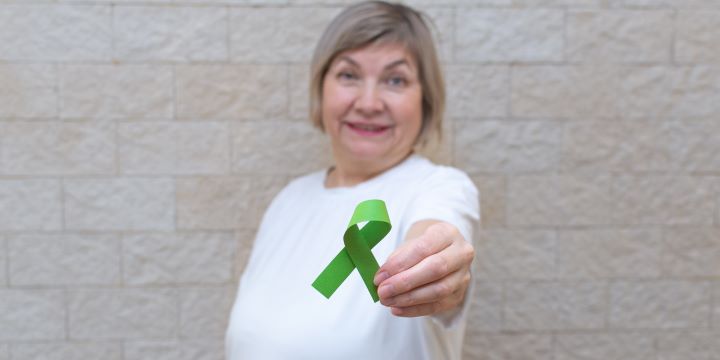The introduction of psychosocial recovery coaching in the National Disability Insurance Scheme (NDIS) is helpful to Australian people with psychosocial disabilities. It is distinct from support coordination in many ways. A psychological recovery coach will cover all the aspects of support coordination and will do even more. By reading this article, you will know about the difference between psychosocial recovery coaching and support coordination.
Difference between Psychosocial Recovery Coaching and Support Coordination
Even though psychosocial recovery coaching and support coordination appear similar, some of the major differences between them are as follows:
Focus
Support coordination is focused on assisting participants in accessing various disability supports and services. Psychosocial recovery coaching, on the other hand, focuses on mental health and its recovery. Having a psychosocial recovery coach will help NDIS participants more in case of mental trauma and illness as they understand these issues better.
Approach
Support coordination has a practical, outcome-based approach which helps participants to achieve their goals efficiently within the time. Psychosocial recovery coaching focuses on trust and a support-building approach between the coach and participants. It involves emotional support, listening to the participant’s experiences and helping them to have an optimistic outlook towards their future.
Service
Support coordination helps you determine the services you require, connects you with them and monitors their quality and effectiveness. It also assists you in preparing reviews for the plan and tracks your funding.
Psychosocial recovery coaching covers all the support coordination services and considers participants’ psychosocial needs. The recovery coach works with you, your family, and your support network to set goals and develop strategies for addressing your mental health concerns.
Experience
Another difference between support coordination and psychosocial recovery coaching is the experience and qualifications required for each role. A support coordinator needs to have skills and experience in social work and disability services. They also need to know about the NDIS support available for the participants.
In contrast, a psychosocial recovery coach should be an expert in mental health and must know how to deal with mental illness and trauma. They need to have a good understanding of the recovery process and help the participants develop positive mental health.
Conclusion
Overall, there might be some similarities between the role of a support coordinator and a psychosocial recovery coach, but there are also some major differences that are mentioned above.
Support coordination and psychosocial recovery coaching play a crucial role in providing support to people with psychosocial disabilities. If you are looking for NDIS services, choose an organisation that offers different NDIS supports, counselling, recovery coaching, peer support, etc., at the same time.






